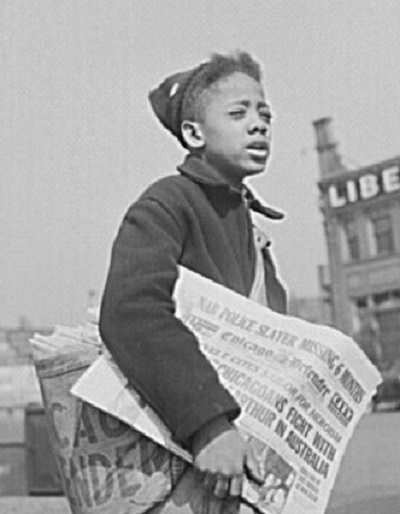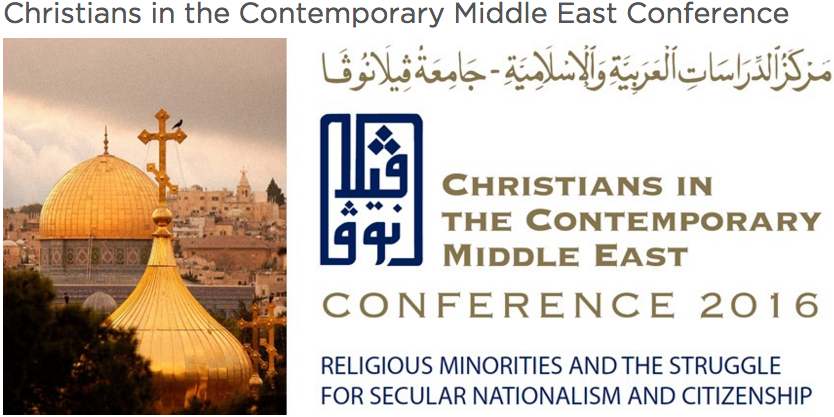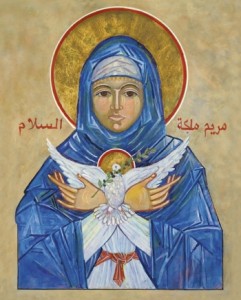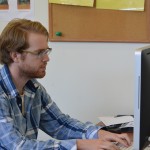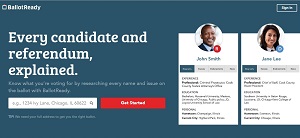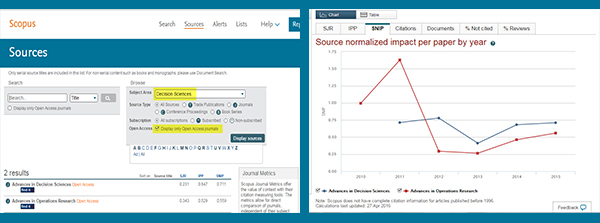University of Twente I Faculty of Behavioural, Management and Social Sciences (BMS) I Department of Philosophy
Postdoctoral researcher in Ethics and Governance of Research and Innovation (8 months)
University of Twente
In this postdoc, you will be working on two projects. First, you will coordinate and carry out the Ethics and Policy project, a project on making ethics research (especially ethics of technology) relevant for policy makers. This is a project funded by the 4TU.Centre for Ethics and Technology (www.ethicsandtechnology.eu). We have done an initial survey of both ethics researchers and policy makers and now want to both develop a general approach for making such ethics-policy links (in the form of a written report) and do a couple of brief pilot projects. Upon request, we can send you more information.
Second, you will be doing work for the SATORI project (www.satoriproject.eu), an EU-funded FP7 project that aims to develop standards, approaches and best practices for the ethical assessment of research and innovation in the EU and beyond. It is directed at research ethics committees, research funding organizations, universities and research institutes, industry and other organizations that engage in ethics assessment and guidance of research and innovation. The project is in its final year, and we need someone who can help further develop and implement our proposals, help translate some of them into policies and work with policy makers and other stakeholders in strengthening ethics assessment in the EU and beyond. You will be contributing to reports, policy briefs and workshops and will participate in the dissemination of our results. You can find some of our deliverables (reports) on the website, and we can send you our most recent unpublished reports upon your request.
In addition to these two main tasks, it is possible that your contribution is asked to the development and writing of proposals for research funding in the area of ethics and philosophy of technology.
Your profile
You hold a PhD, or will acquire one by the time of appointment, in ethics, governance studies, policy studies or a related discipline. You have an understanding of and interest in ethical and/or policy issues in relation to technology and innovation. Ideally, you have first-hand experience both with the academic world (preferably with ethics groups and programs) and the policy world, preferably in an international context. You have relevant publications in peer-reviewed, international journals. You have very good command of the English language. You have good analytical skills, are creative, open-minded and possess the ability to develop new ideas and engage in multidisciplinary collaboration. You have good communication skills and are a good team player.
Further information
Location: This position is based at the Department of Philosophy, University of Twente.
Contact: Prof. Philip Brey, email: p.a.e.brey@utwente.nl; phone: +31 (0)53 489 4426.
Our offer
Appointment
You are appointed postdoc (full-time) for a period of eight months. You will be embedded in the philosophy department of the university of Twente, which also holds the directorate of the 4TU.Centre for Ethics and Technology, and which coordinates the SATORI project (Brey).
Depending on relevant background and experience, the gross monthly salary on a full time basis ranges from € 3,312 up to a maximum of € 3,786. Employees are also entitled to a holiday allowance of 8% of the gross annual salary and an 8.3% end-of-year bonus. We offer excellent auxiliary terms of employment, such as professional and personal development programs; a secondary remuneration package; a dynamic environment with enthusiastic colleagues; an organization focusing on internationalization and a high degree of responsibility and independence.
Starting date is April 1st or May 1st, 2017 (negotiable).
Job application
Your application should include the following documents:
- a cover letter which explains your interest in the position and your qualifications for it;
- a curriculum vitae which includes the name and e-mail address/telephone number for at least two references;
- a writing sample (preferably a published article related to the postdoc area);
- a summary and table of contents of your dissertation (or the entire dissertation).
Applications should be uploaded via www.utwente.nl/vacatures/en (click on “Vacancies” to look for this vacancy, which will have an upload link). The application deadline is 21 February 2017. Interviews will be held at the end of February. Since only three documents can be uploaded per application, please combine documents if needed.
About the University of Twente
We stand for science and technology, high tech, human touch, education and research that matter. New technology which drives change, innovation and progress in society. The University of Twente is the only campus university in the Netherlands; divided over five faculties we provide more than fifty educational programs. The University of Twente has a strong focus on personal development and talented researchers are given scope for carrying out pioneering research. The Faculty of Behavioural, Management and Social Sciences strives to hold a leading position in their fields in relation to the science and technology research programs of the University of Twente. In all these fields, the faculty provides bachelor, master and professional development programs.
The department of philosophy The department of philosophy at the University of Twente (https://www.utwente.nl/bms/wijsb/) is internationally leading in the philosophy and ethics of technology. At a recent research evaluation of philosophy programs in the Netherlands, it ranked highest in the area of ethics and practical philosophy. The department currently includes eight tenured/tenure-track staff members, three postdocs, ten PhD students, and several part-time faculty. The department participates in and directs the interuniversity 4TU.Center for Ethics and Technology (www.ethicsandtechnology.eu). Both the department and the Center have a strong international orientation and include members from many different nationalities. The department’s research has a strong focus on ethics of emerging technologies (including ICT and robotics, biomedical and neurotechnologies and environmental technologies), and the philosophy and ethics of human-technology relations, amongst other topics.
Faculty of Behavioural, Management and Social Sciences
The Faculty of Behavioural, Management and Social sciences (BMS) of the University of Twente, which includes the department of philosophy, strives to play a pivotal role in understanding, co-engineering and evaluating innovation in society. Innovation is driven by advances in technology. Through ‘social engineering’ these technological advances are embedded in society befitting human needs and behaviour, within proper public and private management and business structures. For this the faculty of BMS upholds high quality disciplinary knowledge in psychology, business administration, public administration, communication science, philosophy, educational science and health sciences. All with a focus on the challenges in society. Research is strongly connected to our Institutes on Governance (IGS), ICT (CTIT), Health (MIRA) and Nanotechnology (MESA+).


